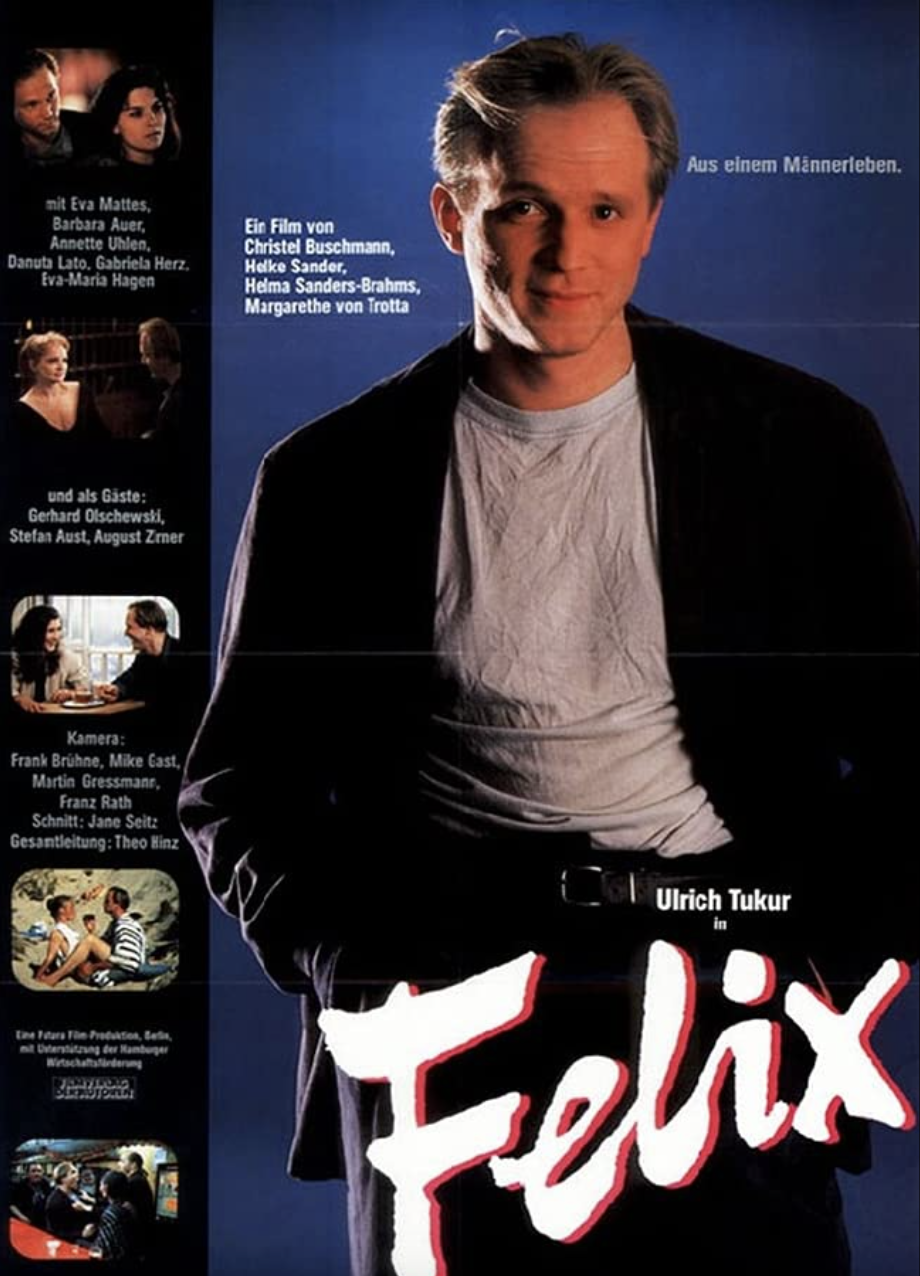Phoenixes in Fine Feather
By Claudia Steinberg, September 2021
On a September morning in 1988, the émigré writer Hans Sahl waits for me in front of his elegant apartment building on West End Avenue with the righteous impatience of an 86-year-old in his going-out ensemble — red scarf, beret, cane. After the short cab ride through Central Park to Fifth Avenue, the almost blind man hooks his arm under mine (although he actually knows every step by heart) and up we go, climbing the curved staircase of the Goethe House.
The morning reception on the occasion of the New York Film Festival, where the German comedy Felix has its premiere, is already in full swing: the four female directors are surrounded by admirers, but another hub is Maria Ley Piscator, beseeched by her devotees.
I carefully lead Hans through the dense crowd to that tiny, delicate lady in the lilac velvet suit. With the routine grace of the Old World, the Jewish gentleman who barely escaped Hitler briefly kisses Maria's bony hand with its huge rings. The 90-year-old widow of the revolutionary theater director Erwin Piscator, who fled with her husband to New York in 1939, smiles warmly at Hans but continues to philosophize in whispers about the interplay between art and life. She sways slightly — not from the champagne circulating on silver trays — but with the urgency of her message and with the party's festive excitement. The dark-paneled room with its blue portieres and magnificent fireplace is as familiar to this woman born in the Belle Epoque as her own opulent salon nearby. Her friend Louise Kerz, a prominent theater historian (who was married to Piscator's set designer Leo Kerz — a Jew from Berlin whose family perished in the Holocaust — and keeps his radical artistic legacy alive), listens to her passionate discourse as devoutly as if she were hearing it for the first time. A few steps away, Rick Hobart, a Broadway producer and Maria's constant companion, waits silently for an opportune moment to whisk Madame Piscator off in time for lunch at Sardi's.
It was in this narrow-chested mansion across the street from the Metropolitan Museum that I encountered, with the German and Austrian exiles, a part of history so painfully absent in my youth in postwar West Germany: from the avant-garde, feminist painter and performance artist Lil Picard — a Berlin contemporary of Maria Piscator — to the poet Mimi Grossberg in her magnificent hats to the wise and kind Viennese draftsman Leo Glückselig — this resilient cultural community, which escaped against all odds to New York, allowed me a never-suspected sense of belonging.


